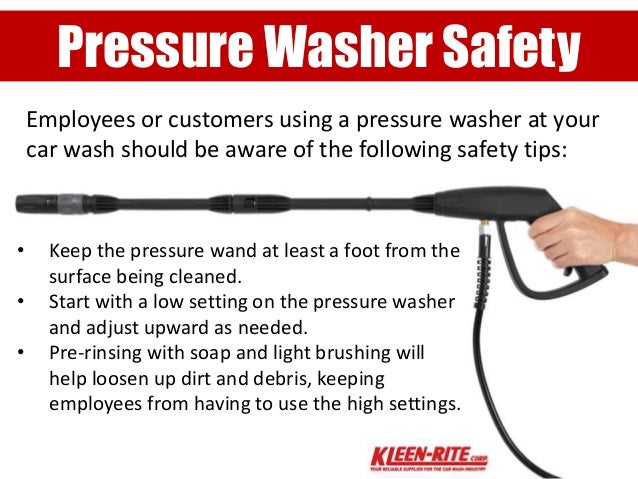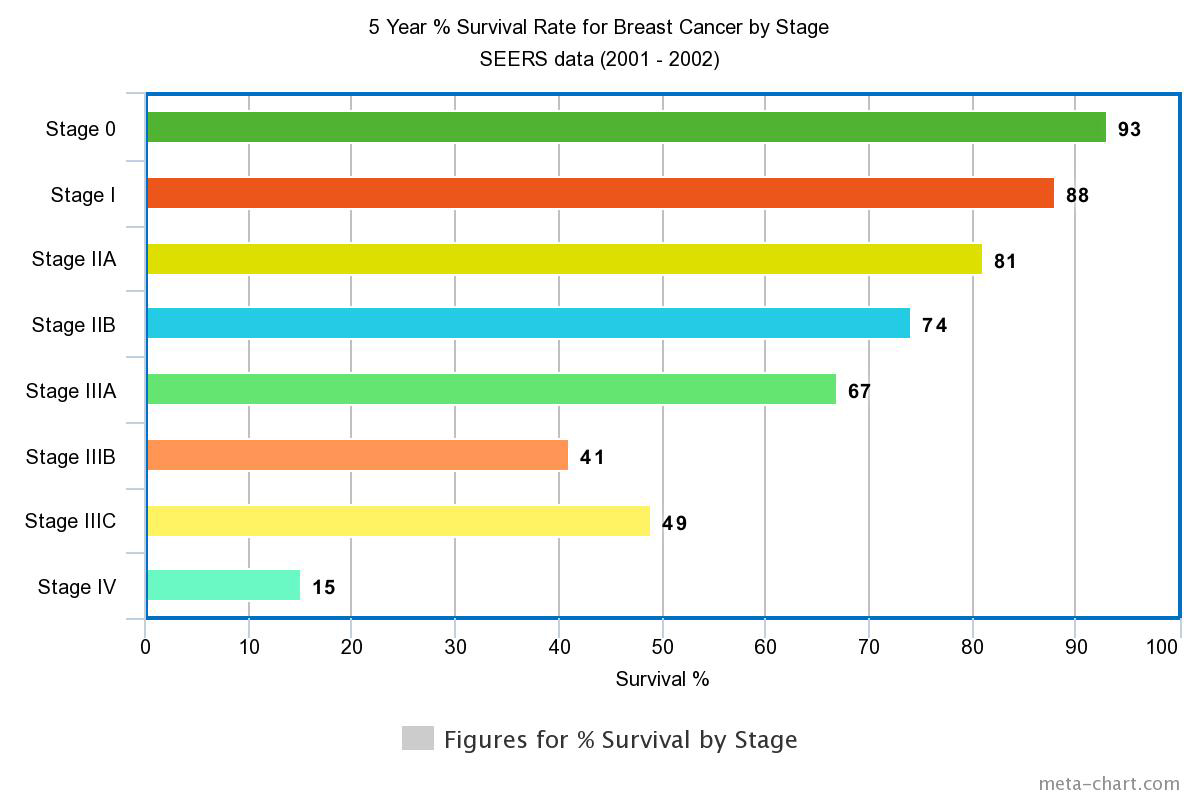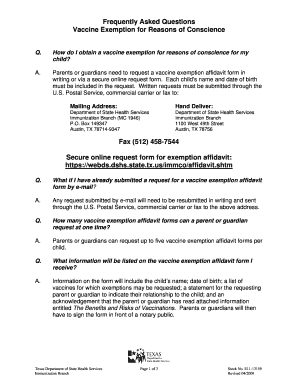Pressure washers cause high-pressure water injection which is extremely dangerous. Pressure Washer Safety Tips Vortexx Pressure Washers.
 Pressure Washer Maintenance For Car Wash Owners
Pressure Washer Maintenance For Car Wash Owners
To ensure your safety and the safety of those around you while using your Vortexx Pressure Washer utilize Vortexxs Pressure Washer Safety Tips.

Pressure washer safety. Get Results from 6 Engines at Once. Free Delivery on Major Appliance purchases 399 and up. PROTECTIVE CLOTHING You should always use appropriate cothing when your are pressure washing.
Always use eye protection googles as the pressurized water can dislodge small debris which will fly at high velocity. Pay Attention to Hazards When Using Pressure Washers. A pressure washers powerful spray is hazardous when misdirected strong enough to damage skin in an instant.
A pressure washer can be a dangerous piece of equipment if the operator doesnt know how to use one safely. Even with the benefits pressure washer brings us it can as with most equipment cause injury if managed poorly. Using a pressure washer.
Loose belts will cause the slipping Check the belts for wear and replace them if wear is noticeable. It is strong enough to pierce through the skin in an instant. Eye safety devices and foot protection should be worn when using this equipment.
Lacerations are the most common injury caused by pressure washers. Equipment Designate a segregated area for pressure washing or do the job outdoors. Always read the warning labels on the equipment and operating instructions.
Ad Search Pressure Washing Company. Allow the engine to cool for at least two minutes before refueling. Free Delivery on Major Appliance purchases 399 and up.
The high pressure put out by a pressure washer can easily cut through flesh and cause very serious injuries. Ensure that nearby electrical fittings are suitably waterproofed. Always refer to the manufacturers safety manual that came with your pressure washer.
How to Safely Use a Pressure Washer. Pressure washers may be used more often during disaster clean up when the risk of injury may be higher. High pressures from these units can cause bodily harm.
Tips for pressure washer operation safety. Never use your pressure washer in bare feet or sandals. Get Results from 6 Engines at Once.
Pressure Washer Safety A pressure washer is a power tool that sprays water at high pressures to clean large sturdy surfaces such as buildings farm equipment and roads. Never use your pressure washer in any place where it can cause you to fall that means no roofs no decks without safety railings and no ladders. Remember to use these safety tips into account the next tie you use your pressure washer and you should have a hazard and injury-free experience.
Lacerations are the most common injury followed by bruises punctures and eye. Provide good washing facilities. These injuries many times result in amputation or severe nerve damage.
This training provides safety guidelines for the protection of personnel during the cleaning of systems and equipment utilizing high pressure water jets. If you need to use your pressure washer to clean a higher spot simply use an attachment so that you can clean while you maintain a safe footing. When using a pressure washer always.
Pressure Washer Safety. Ad Search Pressure Washing Company. The powerful spray when misdirected is harmful.
Ad 18 month financing on Appliance and Geek Squad purchases 599. This procedure applies to all Brieser personnel and subcontractors working on projects where high pressure washer requirements are applicable. In general ¼ to ½ inch deflection when pressure is applied is considered acceptable.
Pressure washers may be used more often during disaster clean-up when the risk of injury may be higher. Provide suitable personal protective equipment PPE. Remove heavy dirt deposits first.
PRESSURE WASHER SAFETY Purpose. Ad 18 month financing on Appliance and Geek Squad purchases 599. If the deflection is greater than that tighten the belts.
Pressure Washer Safety A pressure washer is a power tool that sprays water at high pressures to clean large sturdy surfaces such as buildings farm equipment and roads.











